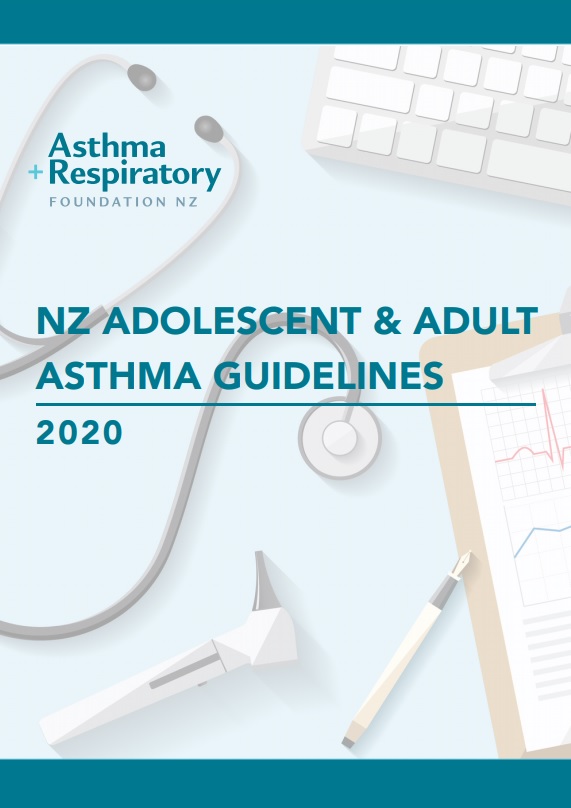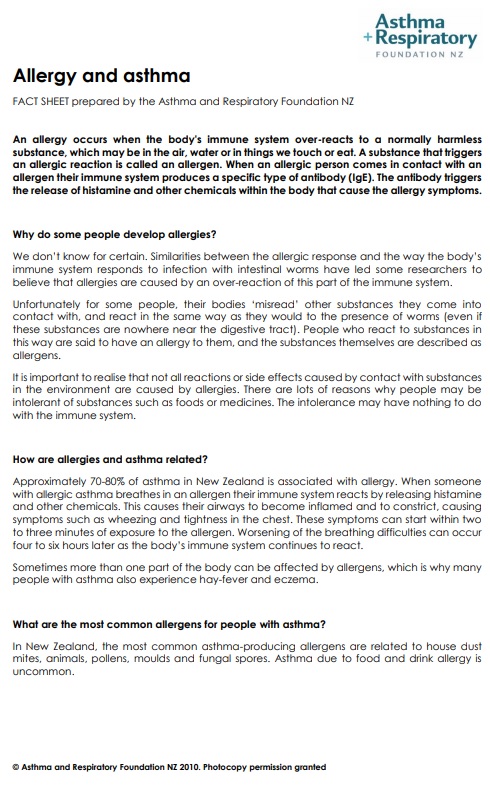There are many things you can do to help reduce how severe and how often you experience asthma symptoms. The following are some useful tips.
Have an asthma management action plan
Like all people with asthma, pregnant women should have an asthma management action plan(external link). This is a written plan that you develop with your doctor to help control your asthma.
Your action plan describes the medicines you need to take and when to take them. It also explains how to adjust your treatment to meet your needs, such as if your asthma is getting worse or during asthma attacks.
Exercise regularly
You can continue to exercise normally during your pregnancy. If you find that exercise makes your asthma worse, try using your reliever before exercise.
Talk to your doctor about how you should manage your symptoms.
Avoid smoking
Do not smoke during your pregnancy and avoid secondhand smoke. This can make your asthma worse. Also, smoking during pregnancy increases the chance of sudden unexplained death of an infant (SUDI) and of chest infections, asthma and middle-ear disease in babies.
Avoid allergic triggers
As much as possible try to avoid or control the things that make your asthma worse (called triggers), such as animal fur, pollen, mould and dust.
Control conditions affecting your nose
Conditions such as sinusitis or hay fever can make asthma worse. The common symptoms are sneezing, a blocked or runny nose, an itchy nose, mouth or inner ear, and headaches.
Talk to your doctor about how to best manage these symptoms if they are troublesome.
Control gastro-oesophageal reflux disease (GORD) symptoms
GORD causes acid reflux and heartburn, which can make asthma symptoms worse. If you develop GORD, talk to your doctor about how to best manage your symptoms.
Some suggestions to help reduce GORD symptoms include to:
- raise the head of your bed with extra pillows
- eat smaller meals
- wait at least 3 hours after eating before lying down
- avoid foods that seem to start heartburn.
Get the flu vaccine
Having the flu (influenza) can make your asthma worse. The flu vaccine gives you extra protection against the flu. It is safe in pregnancy and is recommended for all pregnant women. Get the flu vaccine as soon as it is available, whether you are in your first, second or third trimester at the time.
Apps reviewed by Healthify
You may find it useful to look at some Asthma apps, Breathing apps, and Pregnancy apps.










